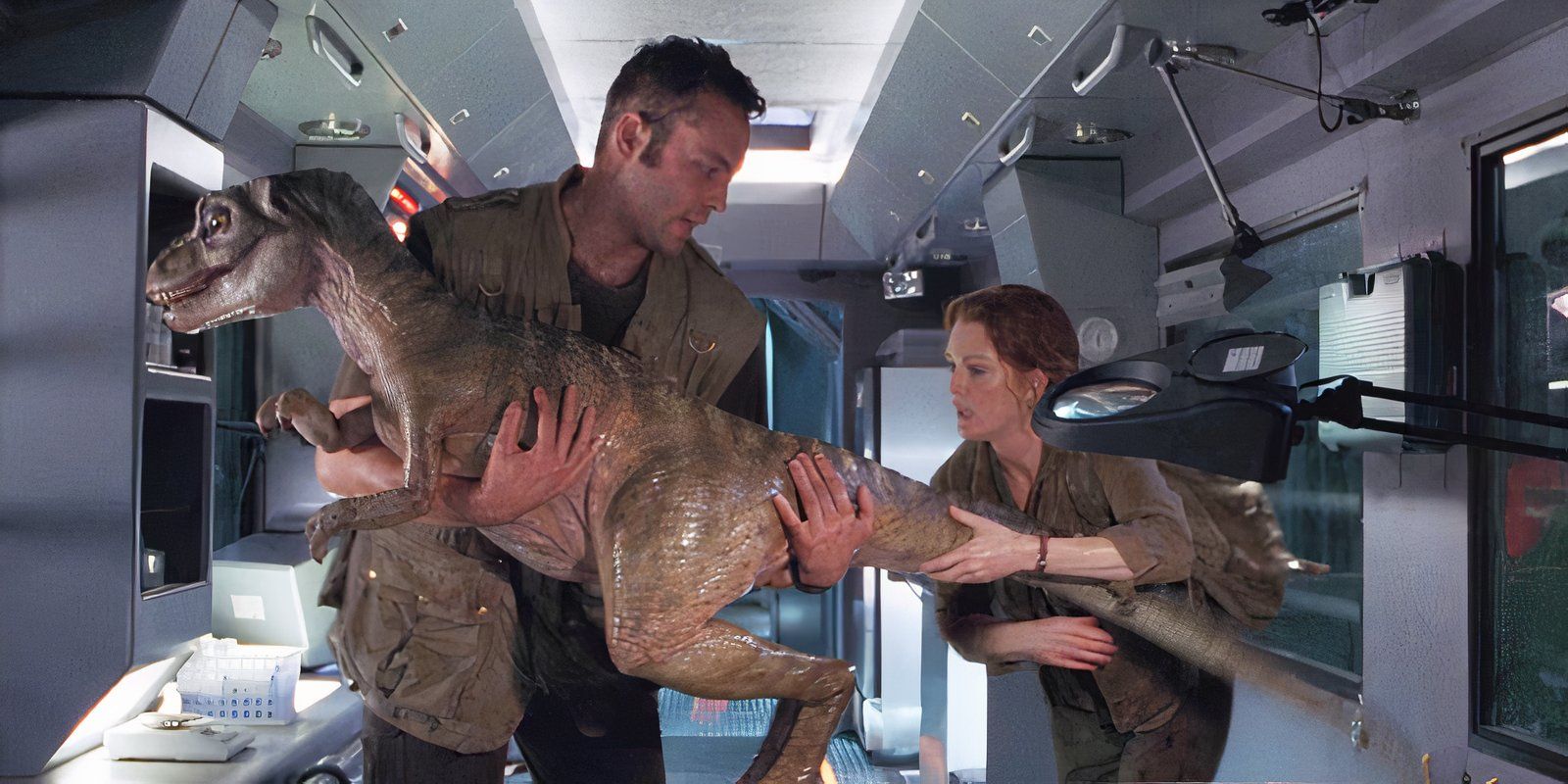When the Jurassic Park Franchise Lost Its Way (And It Happened Twice)

The Evolution of the Jurassic Park Franchise
The Jurassic Park franchise has long captured the imagination of audiences around the world. Since its debut in 1993, the series has become a cultural phenomenon, with dinosaurs serving as the central attraction for fans of all ages. The original film, Jurassic Park, set a high bar for storytelling and visual effects, creating an immersive experience that continues to resonate with viewers even after more than three decades.
Despite its lasting appeal, not every installment in the franchise has lived up to the expectations set by the first film. Fans have often debated which movies fell short, with some criticizing the entire Jurassic World series while others point to specific issues with Jurassic Park III (2001). However, many argue that the franchise lost its way right from the start with the release of The Lost World: Jurassic Park (1997), a decision that was later repeated in Jurassic World: Fallen Kingdom (2018).
The Lost World: A Shift That Changed Everything
The Lost World marked a significant departure from the original film's success. While the first movie thrived on the mystery and isolation of Isla Nublar, the sequel moved the action to San Diego, California—a bustling city that felt out of place for a story centered around dinosaurs. This shift not only made the plot less believable but also diluted the core themes that made the original so compelling.
Isla Nublar played a crucial role in the original film’s narrative. Its remote location helped maintain the illusion of a controlled environment where dinosaurs could coexist with visitors without posing an immediate threat. The island provided a sense of wonder and danger that was essential to the story. By moving the action to a populated city, The Lost World undermined this balance, making the presence of dinosaurs feel unrealistic and forced.
The film also introduced a new conflict involving John Hammond’s nephew, Peter Ludlow, who takes control of InGen and attempts to exploit the dinosaurs for profit. This storyline added tension but failed to address the larger ethical questions raised by the existence of cloned dinosaurs. The idea of a dinosaur theme park in a major city like San Diego pushed the boundaries of believability, even for a film known for its imaginative storytelling.
Jurassic World: Fallen Kingdom Repeats the Mistakes
Jurassic World: Fallen Kingdom attempted to correct some of the flaws seen in The Lost World, but it ultimately repeated the same mistakes. The film introduced a new ethical dilemma by placing dinosaurs in a situation where their survival depended on human intervention. The premise of a volcanic eruption threatening Isla Nublar created a more plausible scenario for bringing the dinosaurs out of their isolated environment.
However, the film struggled to fully explore the implications of this decision. The introduction of the Indoraptor, a genetically engineered dinosaur designed as a weapon, added an interesting twist but failed to integrate smoothly into the overall narrative. The ethical questions surrounding the creation and use of such creatures were raised but not fully developed, leaving the audience with more questions than answers.
Another key element of Fallen Kingdom was the revelation that Maisie, a character previously thought to be a regular human, is actually a clone. This development added depth to the story but also raised uncomfortable questions about the ethics of genetic engineering. The film hinted at broader implications, such as the potential for cloning humans, but these ideas were not explored in detail.
The Downfall of Jurassic World Dominion
Fallen Kingdom set the stage for Jurassic World Dominion (2022), which aimed to bring the franchise into a new era where humans and dinosaurs would coexist. While the concept was intriguing, the film failed to deliver on its promise, resulting in the lowest-rated entry in the series. The lack of a clear narrative direction and the failure to explore the true horror of a world overrun by dinosaurs left many fans disappointed.
Ultimately, Fallen Kingdom attempted to improve upon The Lost World but ended up following in its footsteps. The franchise’s continued focus on spectacle over substance has led to a decline in critical reception, with many fans longing for the return of the original film’s magic. As the Jurassic Park series continues to evolve, it remains to be seen whether future installments can reclaim the heart and soul that made the original so unforgettable.
Post a Comment for "When the Jurassic Park Franchise Lost Its Way (And It Happened Twice)"
Post a Comment